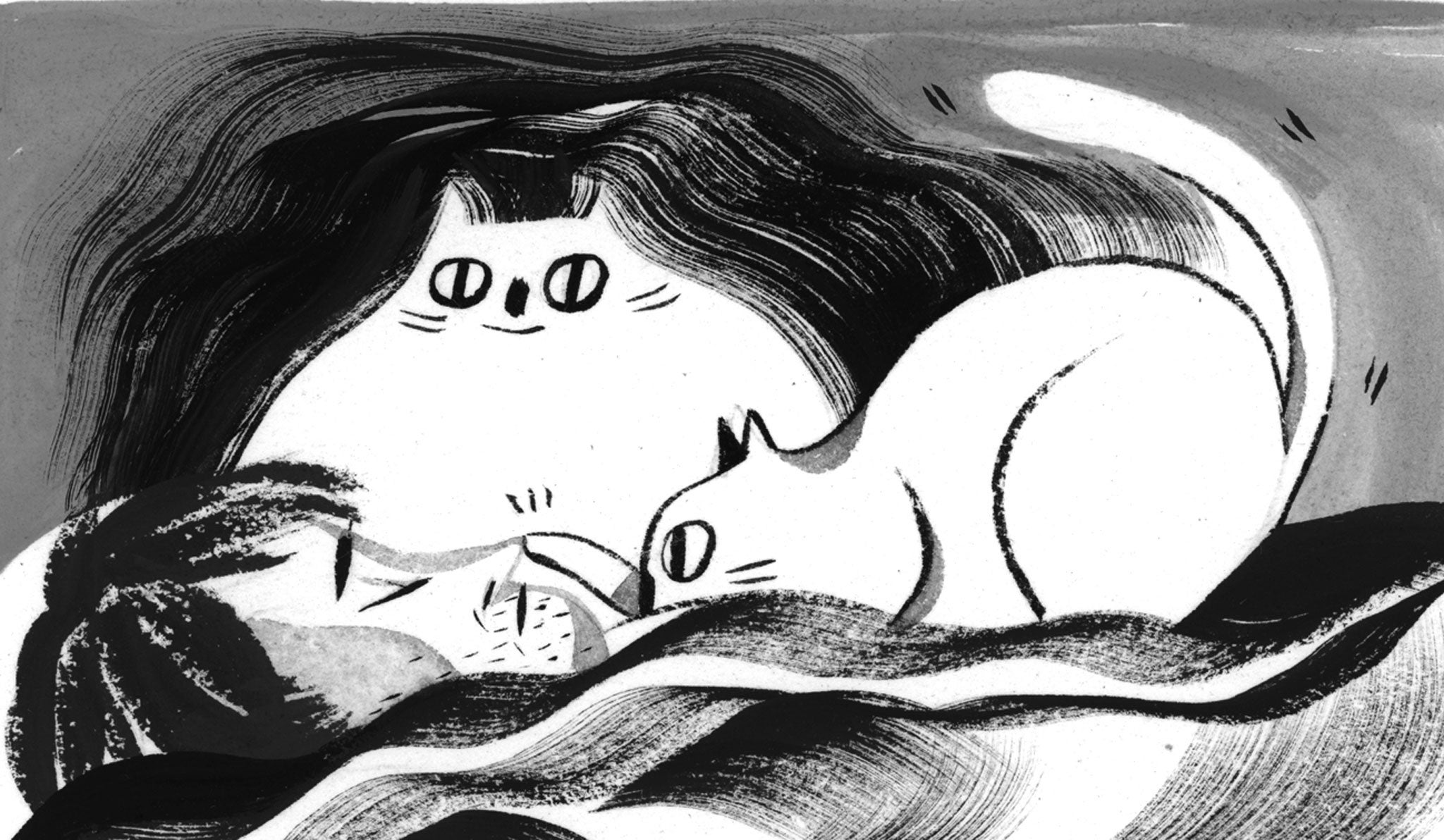Let me ask you this: 'Why aren't there smells in dreams?'

A research study published in 1896 looked at the prevalence of different sensory experiences in dreams. It found the following occurrence frequency (percent of dreams featuring each sense):
Visual - 85%
Auditory - 69%
Touch - 11%
Smell - 7%
Taste - 6%
So visual experience dominates dreaming, while touch, smell, and taste are quite low. But why? No one has actually tried to find out why experimentally. But here are some possible reasons based on what is known about the brain.
Visual and auditory processing is much more 'cerebral'. As much as two-thirds of the cerebral cortex (the main cognitive and perceptual part of the brain) is involved in one way or another in vision. So it is no wonder that vision might show up so frequently. Auditory processing is closely tied to language, and language is central to the conceptual structure of our inner life, particularly in the formation of meaning and communication with other human beings. Language is also processed entirely in the cerebral cortex.
Smell and taste, on the other hand, barely interact with the cerebral cortex. Smell is regarded as possibly the most primitive perceptual system in the brain. Unlike the other senses, it connects directly into the memory and emotional systems, which is why a smell can bring back a memory so vividly.
Perhaps more important is that smell, taste, and touch are not very susceptible to imagination. It is fairly easy to close your eyes and imagine what something looks like, or to replay a conversation and 'hear' people talking. But it is not as easy to imagine a smell, taste, or touch. This may be because these senses are less 'generative'. Vision and hearing require the brain to generate an internal model of perception and map it onto information patterns coming from the sensory receptors. This can involve a lot of 'top-down' processing. Smell is a fairly direct measurement of the chemical composition of the air, and touch is a direct measurement of skin pressure. Because there is less 'imagination' involved in smell perception, it might be less influenced by the brain activity happening during dreaming.
Lastly, it has been proposed that dreams may be a side-effect of the brain reorganising information – so-called memory consolidation. The information with the most complex structure, and therefore in the most need of reorganising, would be visual and spatial, along with language (auditory), and knowledge of facts, events, meaning, and human relationships. And coincidentally, these are the elements that seem to populate dreams.
Paul King, computational neuroscientist
"Why aren't there smells in dreams?" originally appeared on Quora: The best answer to any question. Ask a question, get a great answer. Learn from experts and get insider knowledge. You can follow Quora on Twitter, Facebook, and Google+.
Join our commenting forum
Join thought-provoking conversations, follow other Independent readers and see their replies
Comments
Bookmark popover
Removed from bookmarks